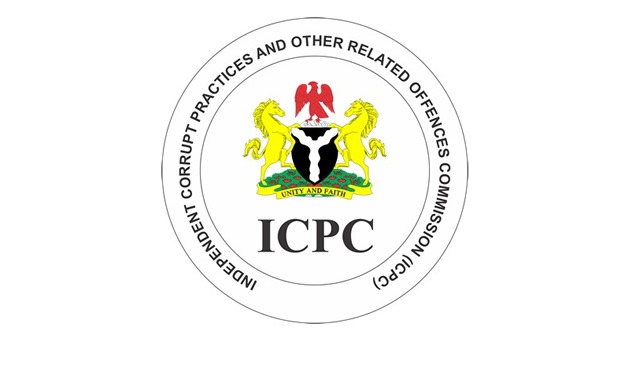ICPC warns against sexual harassment in varsities

The Independent Corrupt Practices and Other Related Offences Commission has warned members of the university community over sexual harassment on campuses.
The ICPC said sexual harassment is a corrupt practice that attracts imprisonment terms of not less than seven years.
The Secretary to the Commission, Mr Clifford Oparaodu, gave the warning in Abuja at a “One Day Sensitisation Workshop on Sexual Harassment in Tertiary Institutions” on Wednesday.
Oparaodu said that the ICPC regarded sexual harassment as a corrupt practice; hence, there was a need for victims to know their rights and how to seek justice.
He expressed concern that sexual gratification had become a form of “illegal tender” in many institutions.
“Sexual harassment is a form of corruption,” he declared
He said that it is a deviation from the norm for an official to use his or her office or position to demand, receive, obtain, or attempt to obtain any form of sexual gratification for him or to perform his duties.
“Ideally, official duties ought to be carried out with integrity, good conscience, and diligence without the expectation of any unlawful benefit,” he said
According to him, Section 8 of the ICPC Act says, “Any person who corruptly asks for, receives or obtains any property or benefit of any kind for himself or any other person; is guilty of an offence of Official corruption and is liable to imprisonment for seven years.
“It is pertinent to note that unlawful benefits are not always pecuniary and it is disheartening that sexual gratification has become a form of “illegal tender” in many institutions.
“Staff members have been found to use their office to demand and receive sexual benefits from other staff and students in exchange for good grades or other favours,” he said.
Oparaodu said that it was unfortunate that, due to the fear of stigmatisation or further victimisation, many targets of such demands find themselves forced to succumb.
“This is to avoid dire consequences and denial of benefits to which they may ordinarily even be entitled.
“The culture of silence has allowed sexual harassment thrives but ICPC is working relentlessly to ensure that with sensitization and appropriate policy implementation, this culture would gradually change,” he said.
He said that ICPC is determined to put a stop to this, initiated the Sexual Harassment Unit with a focus on prevention of sexual harassment in tertiary and secondary institutions.
Oparaodu said that this was to address the issue of sexual gratification and abuse of office and power by officials.
He explained that the purpose of the workshop was to educate students about how to easily contact the ICPC, report incidents of sexual harassment, and gather evidence in a way that will support the commission’s investigations.













